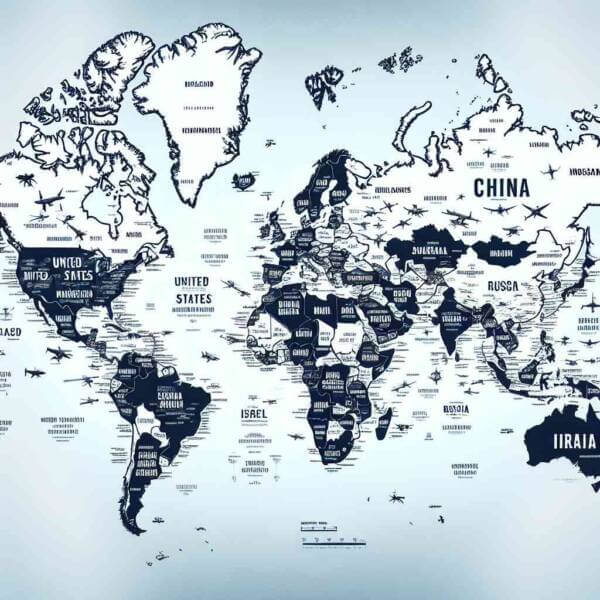
Military aviation is a cornerstone of modern defense strategies around the world.
Today, military aviation encompasses a wide range of aircraft types, from fighter jets and bombers to surveillance drones and transport planes.
How Military Aviation Began
Military aviation started during World War I, with aircraft initially used for observation.
Important events in the evolution of military aviation:
- The introduction of fighter planes and bombers
- Creation of long-range bombers and jets
- Rapid development of jet technology
- Remote operations changing the face of conflict
Each era brought innovative strategies that expanded aerial warfare.
Types of Military Aircraft
Understanding the types of military aircraft helps in appreciating the complexity of modern air forces.
Types of planes used in military aviation:
- Aircraft designed for air-to-air combat
- Aircraft for long-range attacks
- Transport aircraft
- Reconnaissance and surveillance drones
Each type plays a vital role in military operations, from securing airspace.
Importance of Air Superiority
Air superiority is crucial for achieving military success.
Strategic advantages of air dominance:
- Providing close air support
- Targeting infrastructure and logistics
- Gathering critical intelligence
- Boosting morale
Nations with strong military aviation capabilities can defend their interests more effectively.
The Next Generation of Military Aircraft
Military aviation is at the forefront of engineering breakthroughs.
Recent innovations include:
- Aircraft designed to evade radar detection
- Missiles and aircraft traveling at speeds greater than Mach 5
- Autonomous drones
- New forms of aerial weaponry
These advancements enhance lethality for air forces worldwide.
Challenges in Military Aviation
From high costs to geopolitical tensions, the road to air dominance is filled with hurdles.
Key challenges include:
- Expensive research and operations
- Rapid technological changes
- Securing digital communications and data
- Ethical concerns with autonomous weapons
Addressing these challenges is necessary for effective defense strategies.
Future of Military Aviation
The future of military aviation promises an era of transformation.
Likely developments:
- Greater integration of artificial intelligence
- Military satellites and space-based weapons
- Eco-friendly military aircraft
- Joint defense projects
The next era of military aviation will revolutionize how wars are fought.
Final Thoughts on Military Aviation
Military aviation remains a decisive factor in global visit defense.
As technology continues to evolve, the skies will remain a critical arena where military aviation shapes the world order.
The future of military aviation is more dynamic than ever — and it’s only just beginning.